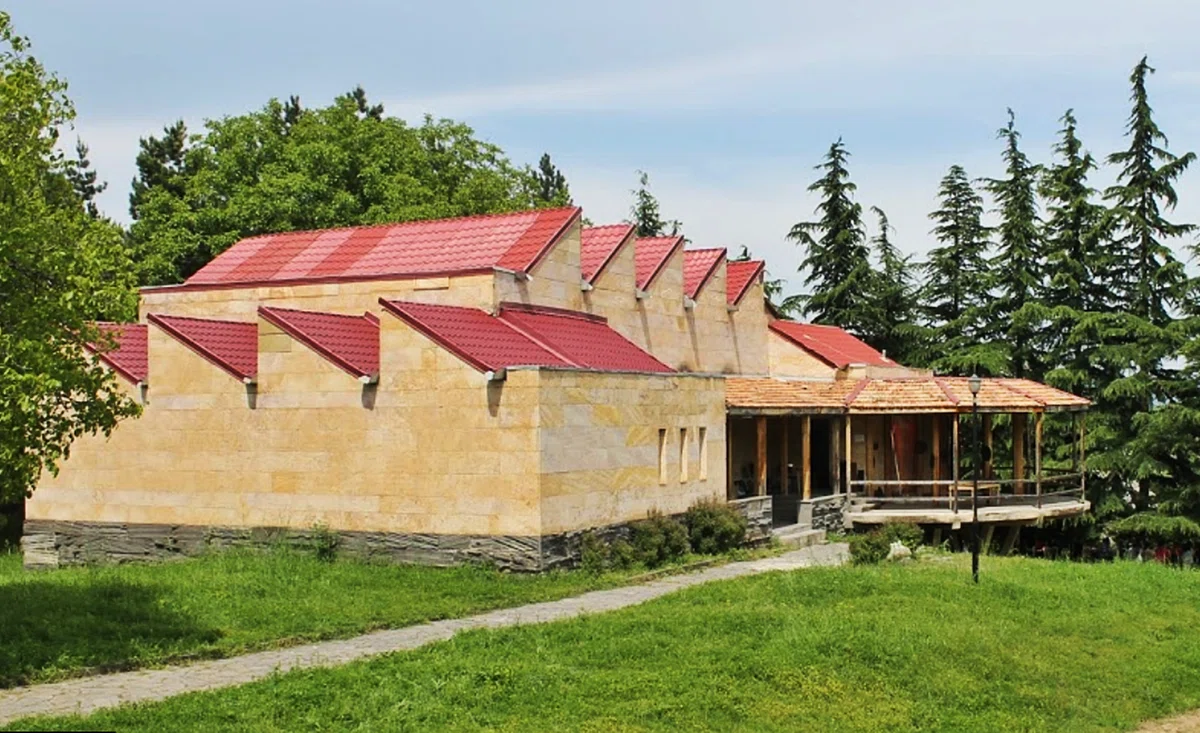
What museums are worth visiting in Georgia? The Sulkhan Saba Orbeliani Literary Museum.
Sulkhan Saba Orbeliani left behind a rich literary heritage that has left a huge mark on the history of literary development. This heritage is now kept in the Sulkhan-Saba Orbeliani Literary Museum. Here you can learn more about literature and enjoy interesting exhibits.
Address: Bolnisi district, Tandzia village
The museum is located in the historical estate of the Orbeliani family. In the courtyard there is a church of the family courtyard. The museum was founded in 1984 and its collections and exhibition halls contain and display materials reflecting the secular and spiritual life and activities of the Georgian writer, lexicographer, scientist, translator, diplomat, prominent spiritual and public figure Sulkhan-Saba Orbeliani (1658-1725). The stands contain artistic manuscripts of his works, printed books, etc.
By origin, Sulkhan was the son of a major feudal lord of the Kingdom of Kartli, mdivanbeg (judge) Vakhtang Orbeliani and the daughter of the eristavi (manager) of Aragvi, Tamara. Sulkhan-Saba Orbeliani was tonsured a monk in the David Gareji Monastery.
He has great merit in the matter of rapprochement of Georgia with Western Europe. In 1713-1716, he conducted large-scale negotiations in France with King Louis XIV and in Rome with Pope Clement XI. In 1724, on the instructions of King Vakhtang VI, Orbeliani conducted negotiations with the Tsar of Russia. Unfortunately, he died there and was buried in the Vsesvyatsky Monastery.
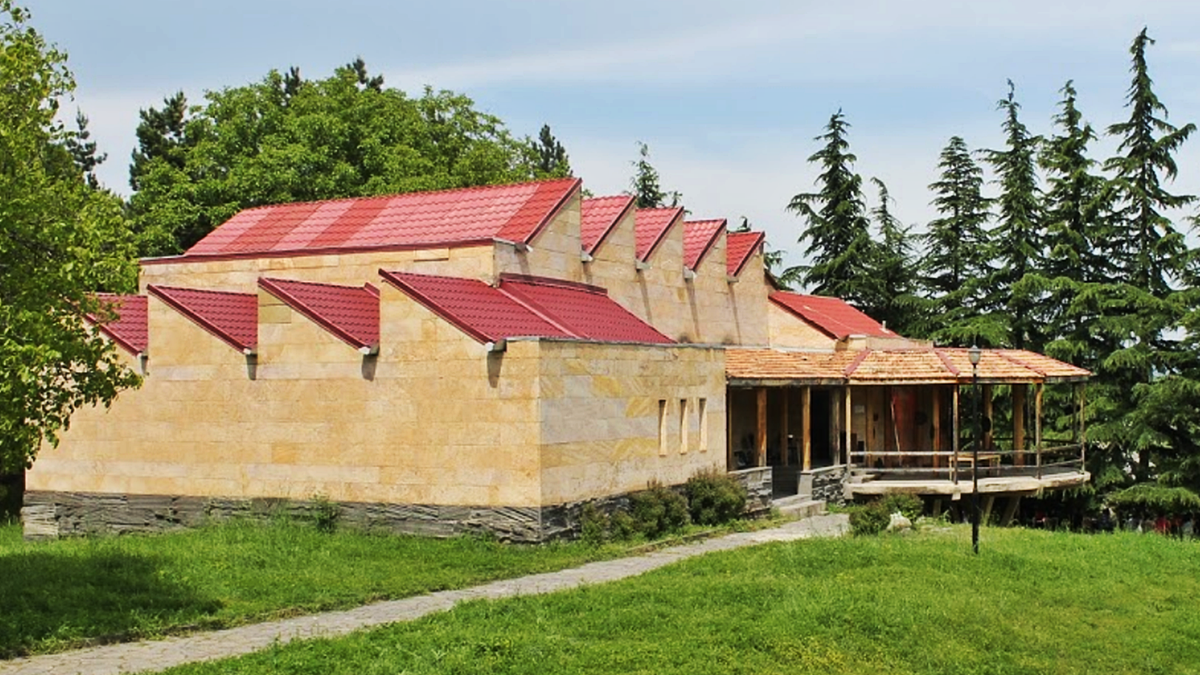
Sulkhan-Saba Orbeliani left a rich literary heritage: the Georgian dictionary "Sitkvis kona" (1685-1716), a collection of fables "Sibrdzne sitsruisa" (The Wisdom of Fiction) (1686-1695), which was translated into Russian (1878), French (1888), Hindi (1895), German (1933) and other languages; one of the first and unique documentary prose "Journey to Europe", "Kalila and Dimna", as well as subtle translations from Persian poetry; he made a great contribution to the study and editing of religious monuments, especially the Bible.
It is no coincidence that his contemporary, the French missionary Jean Richard wrote about Sulkhan-Saba Orbeliani: "I consider him the father of all Georgia."
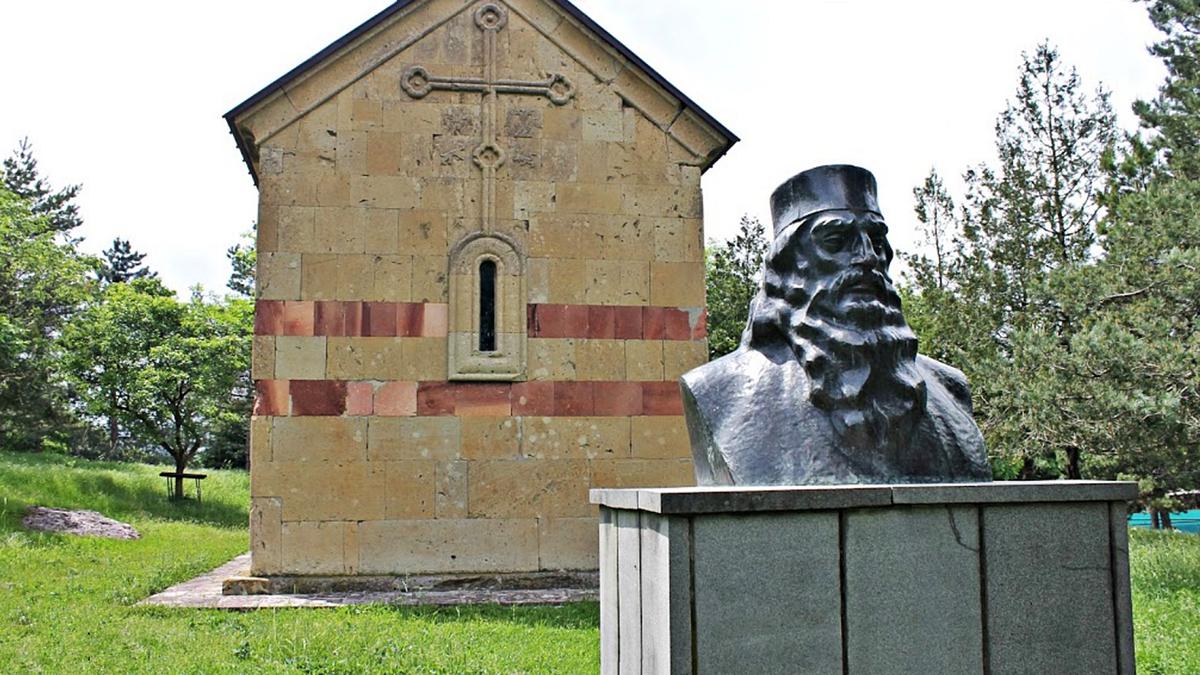
Sulkhan-Saba Orbeliani was a Georgian writer, lexicographer, scholar, translator, diplomat and a prominent spiritual and public figure. His life and work left a huge mark on the history of literature. Sulkhan-Saba Orbeliani was born in 1658 to a large feudal lord of the Kingdom of Kartli, Vakhtang Orbeliani, and his wife Tamara. As a monk, he devoted himself to the study of science and literature, as well as diplomatic activities.
In 1685, Sulkhan-Saba Orbeliani began work on his main work, the Georgian dictionary "Sitkvis Kona", which was completed only in 1716. It was the first work of its kind in the Georgian language, and it contained more than 40,000 words. The dictionary was written at a time when the Georgian language did not have a stable written form, and it became the first step towards the creation of a universal Georgian literary culture. However, Sulkhan-Saba Orbeliani did not limit himself to creating a dictionary. He also wrote many works, including both fiction and science. In 1686, he began work on a collection of fables, “Sibrdzne Sitsruisa” (The Wisdom of Fiction), which contained many wise tales, legends, and parables. This collection was one of the first works of Georgian literature to be translated into other languages.
In addition, Sulkhan-Saba Orbeliani was known for his translations. He translated works from Persian poetry, as well as scientific works and documents. He made a great contribution to the study and editing of religious monuments, especially the Bible. His works were not only relevant in his time, but are still important today.
One of Orbeliani’s most famous works is the Georgian dictionary “Sitkvis Kona”, which he wrote between 1685 and 1716. This dictionary contained about 40,000 words and was compiled at the request of King Vakhtang V. The dictionary was not just a list of words, but also included various explanations, examples of the use of words, and even songs. Sulkhan-Saba also wrote a collection of fables, Sibrdzne Sitsruisa (The Wisdom of Fiction), which is considered one of the most important works of Georgian literature.
Despite his many talents, Sulkhan-Saba Orbeliani was also known for his courage and spiritual strength. In one of his fables, he describes how the protagonist tells his daughter about the meaning of wealth and power, but then learns that his daughter is suffering from hunger. He realizes his mistake and decides to distribute his wealth among the poor and needy.
In addition to his literary and spiritual achievements, Sulkhan-Saba Orbeliani also had a significant influence on the political and cultural life of Georgia in the 17th-18th centuries. He was a diplomat and negotiated with various European countries, including France and Russia. He was also one of the first Georgian writers whose works were translated into foreign languages, such as French, Russian and German.
In 1713-1716, Sulkhan-Saba Orbeliani held lengthy negotiations in France with King Louis XIV and in Rome with Pope Clement XI. He was the first Georgian diplomat who achieved recognition of Georgia as an independent state by European countries. In 1724, Orbeliani was sent to Russia by King Vakhtang VI to conduct diplomatic negotiations.
In Russia, Sulkhan-Saba Orbeliani spent the last months of his life, engaged in diplomatic activities and cultural exchange between the two countries. He worked on creating handwritten books in the Georgian language, which were later transferred to the Russian State Library in Moscow.
Unfortunately, Sulkhan-Saba Orbeliani fell ill in Russia and died on October 26, 1725. He was buried on the territory of the All Saints Monastery in Moscow.
Despite the fact that he lived most of his life in Georgia, Sulkhan-Saba Orbeliani made an enormous contribution to the development of world culture and literature. His works have been translated into many languages, and his Georgian dictionary "Sitkvis kona" is still considered one of the most significant lexicographic works in the history of Georgia. Sulkhan-Saba Orbeliani was also a scholar and studied various sciences, including history, geography, astronomy and medicine. He spent a lot of time studying religious monuments and ancient manuscripts, which were important sources of information about the culture and history of Georgia.
Today, the Sulkhan-Saba Orbeliani Literary Museum is one of the most popular tourist destinations in Georgia. The museum attracts people from all over the world who want to learn more about the life and work of this outstanding writer and scholar.
Not far from the museum is the village of Tandzia, where Sulkhan-Saba Orbeliani was born. The village is a popular tourist destination, as it offers many historical and cultural attractions. Traditional Georgian holidays and events, such as wine, music and dance festivals, are also held here.
In addition to its cultural heritage, Georgia is also known for its nature and gastronomy. Here you can try many dishes that are not prepared anywhere else, such as khachapuri (Georgian bread with cheese), khinkali (large dumplings with meat), satsivi (meat casserole in a pot) and much more.
Georgia is also famous for its wines. The wine industry here is very developed, and Georgian wine varieties such as Saperavi, Rkatsiteli and Kindzmarauli are famous all over the world.
Despite all the advantages, Georgia also faces problems such as high unemployment and low economic development. However, Georgians proudly continue to preserve their unique culture and traditions, and strive to attract more and more tourists to their country.
--------------------------
We encourage our readers to leave comments and ask questions under our articles. Your comments help us improve the quality of the content and create materials that are most interesting and useful for you. Do not hesitate to share your thoughts and ask questions, we will be happy to answer them!


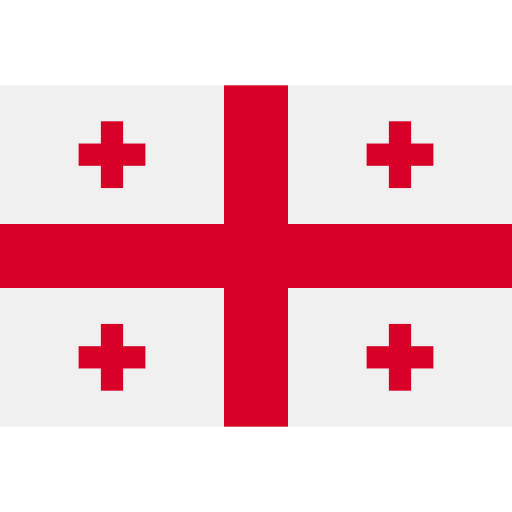


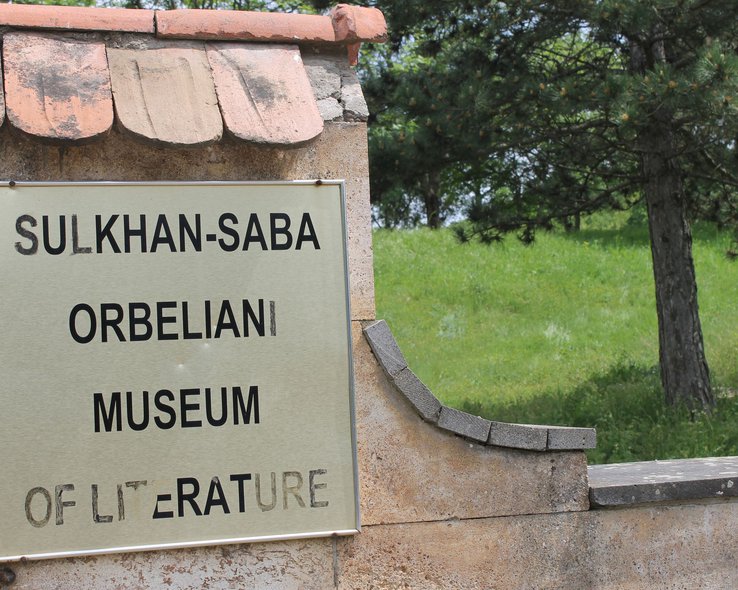
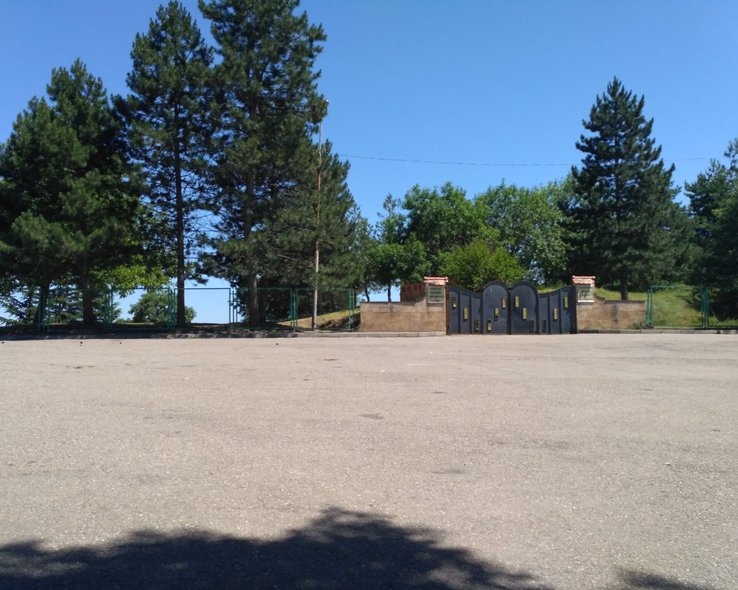
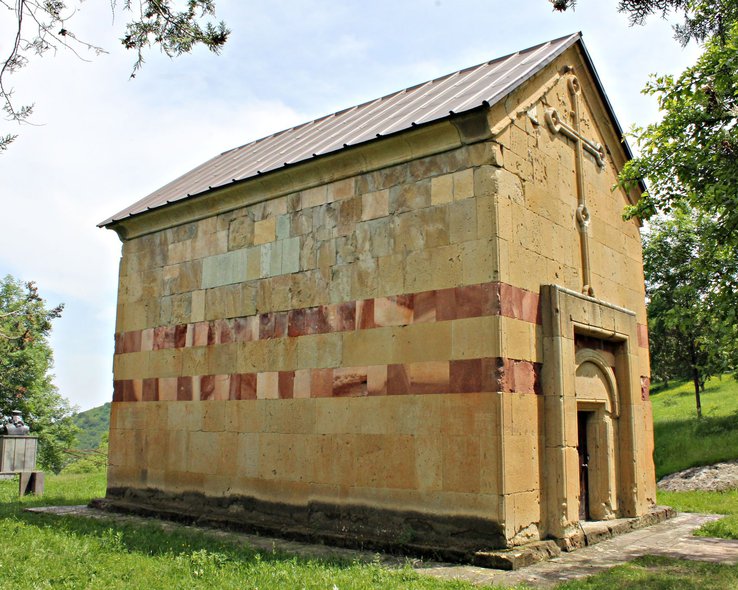
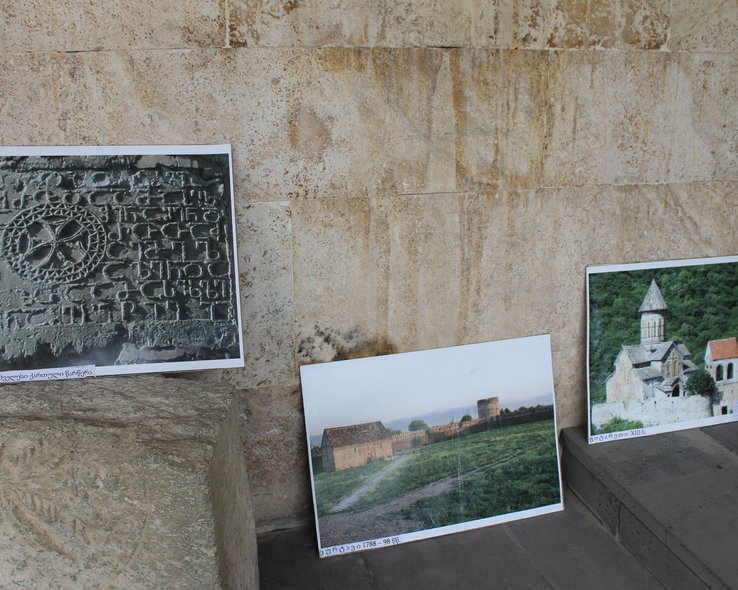
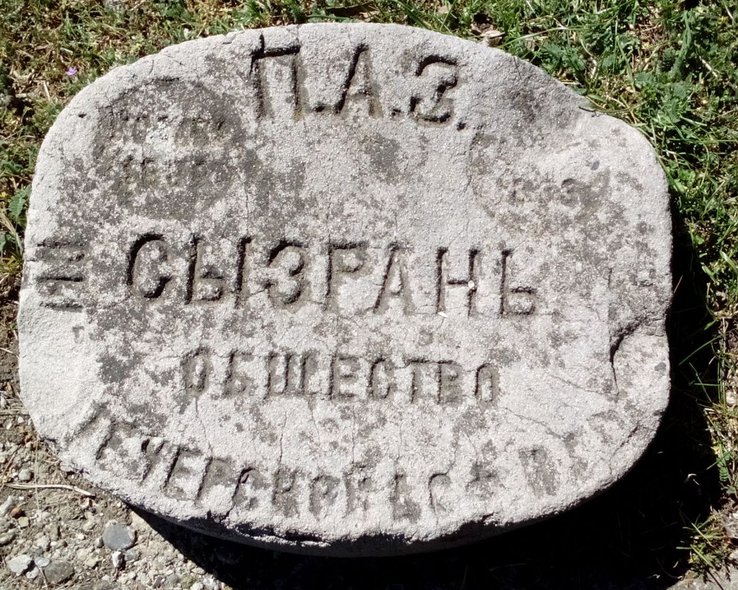
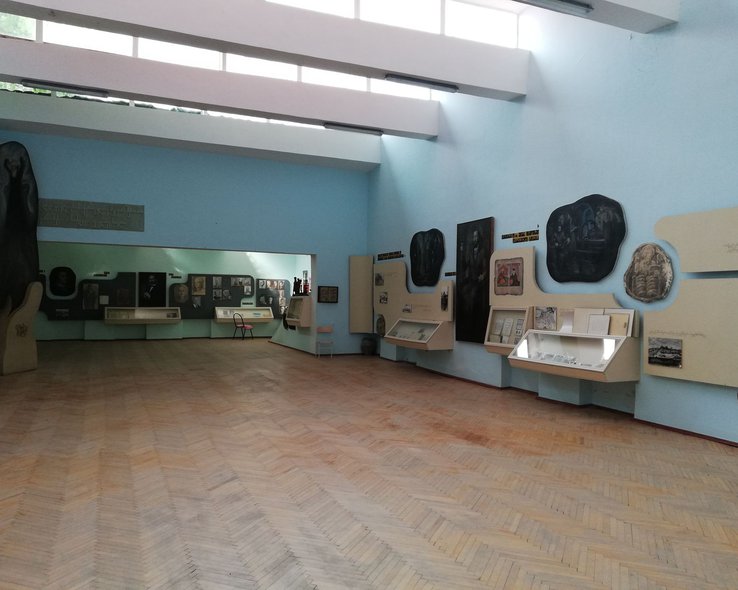
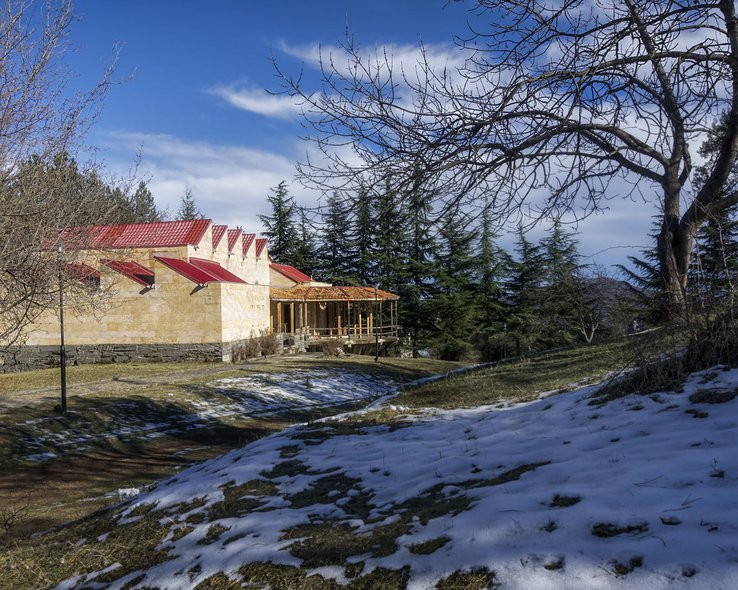
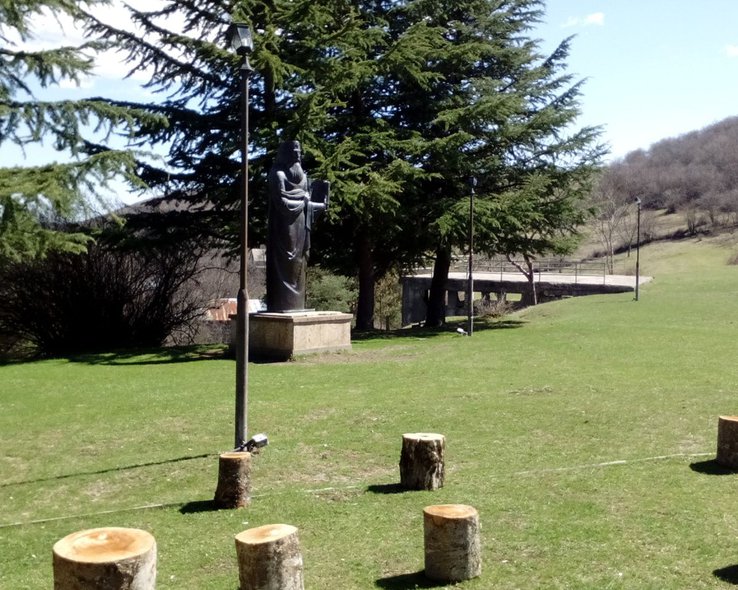
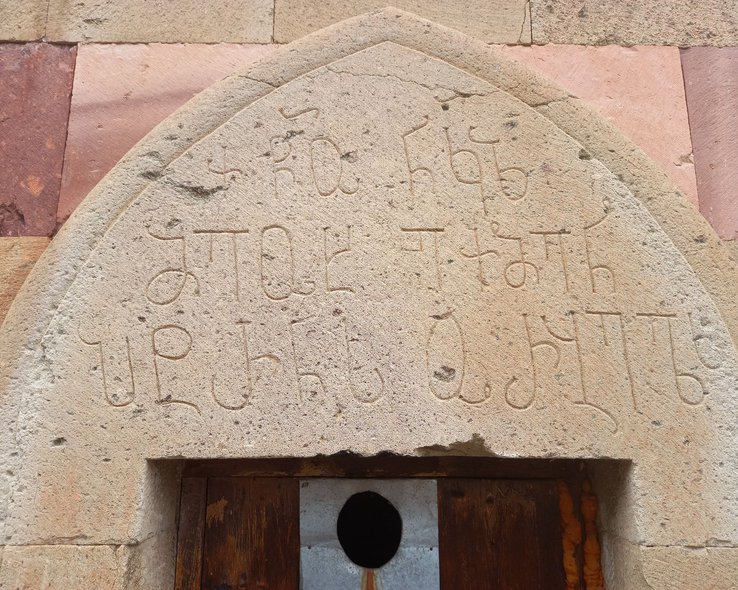
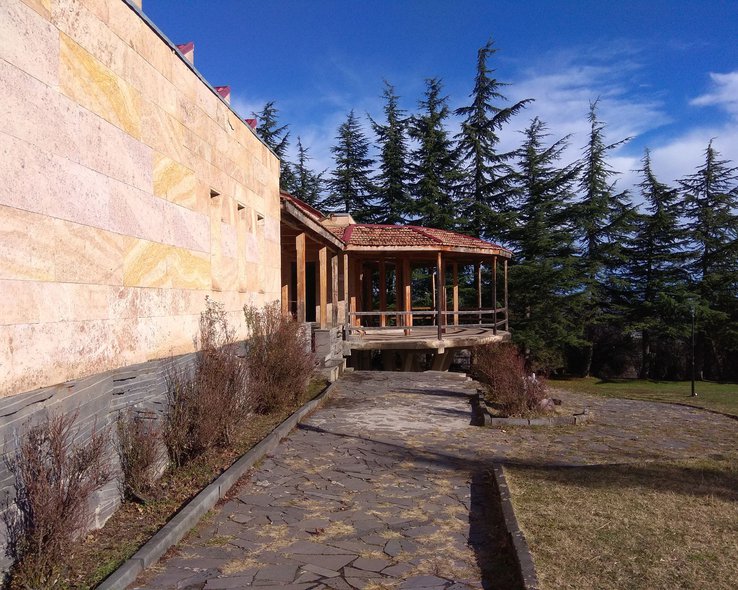
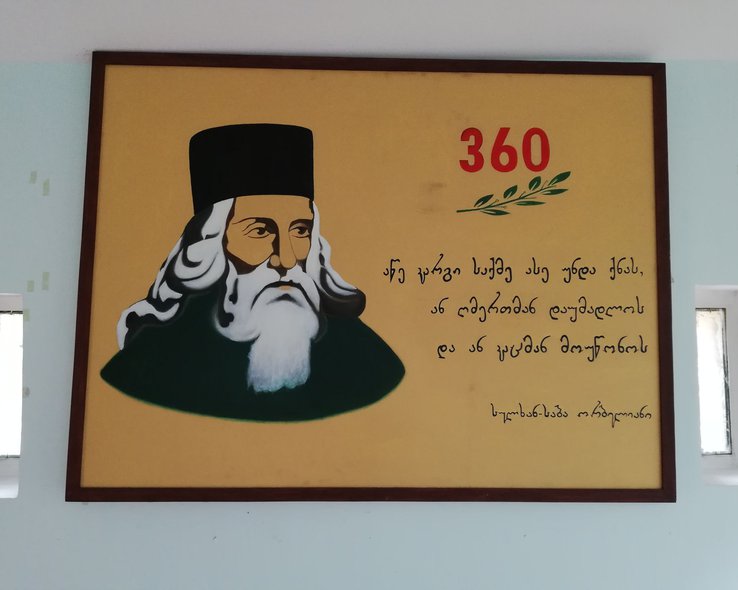
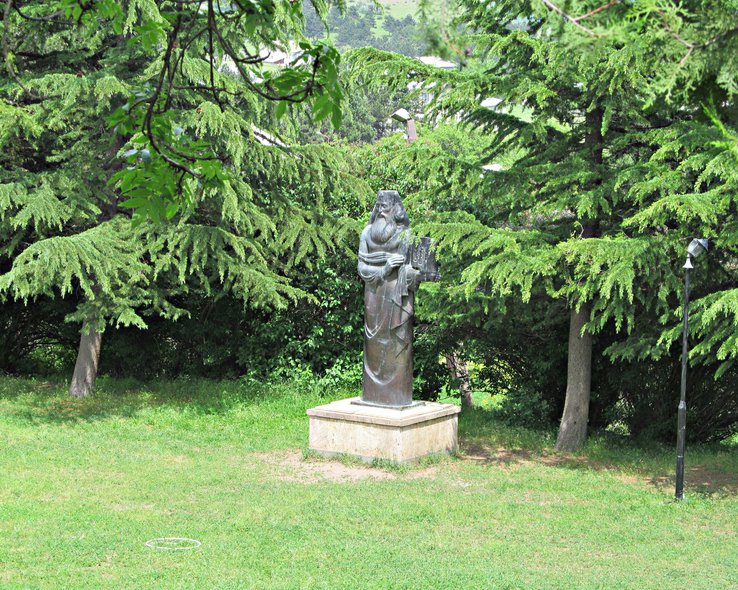
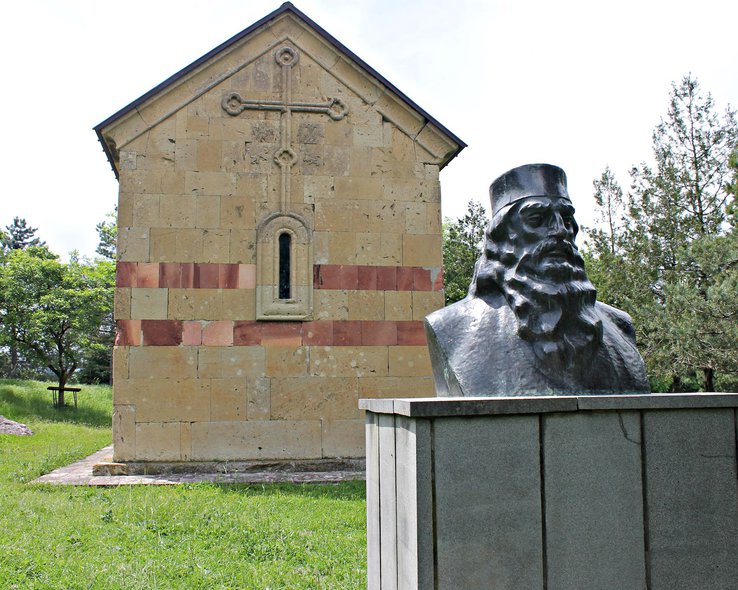
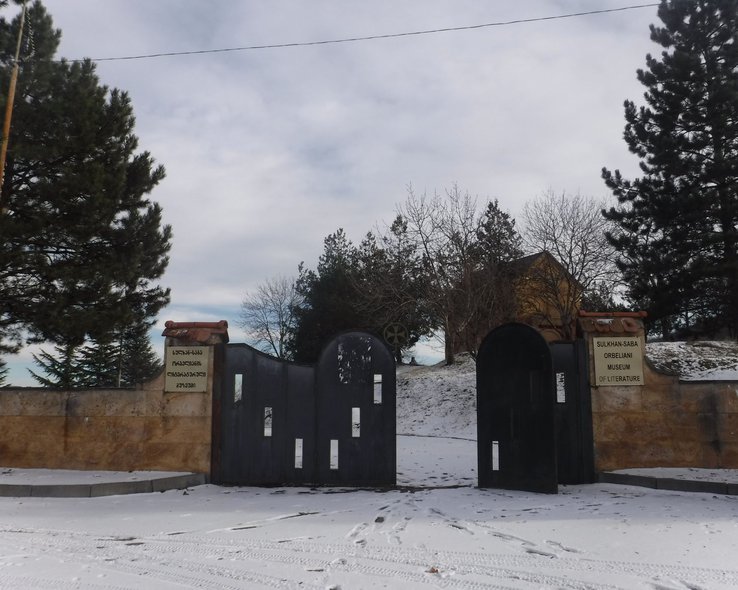
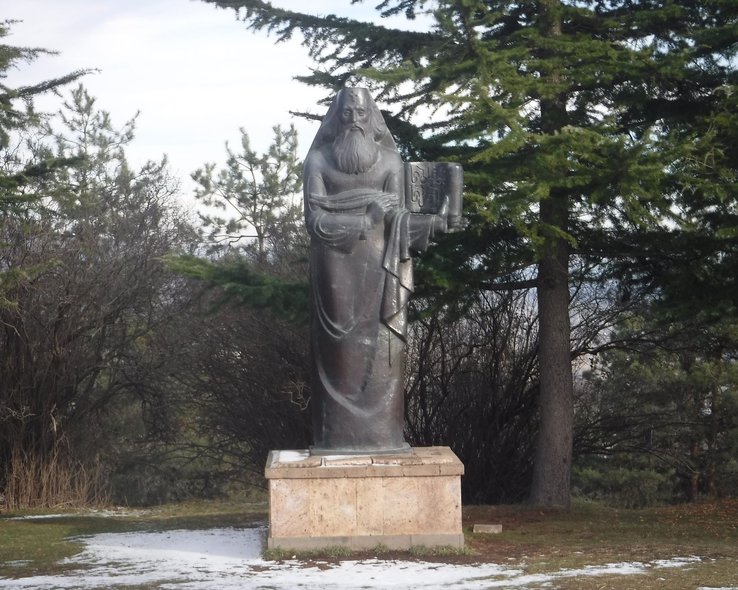
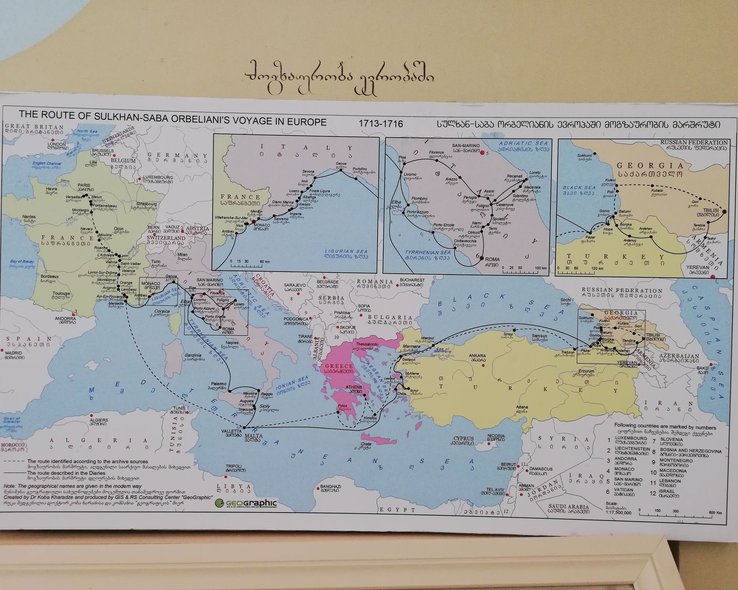
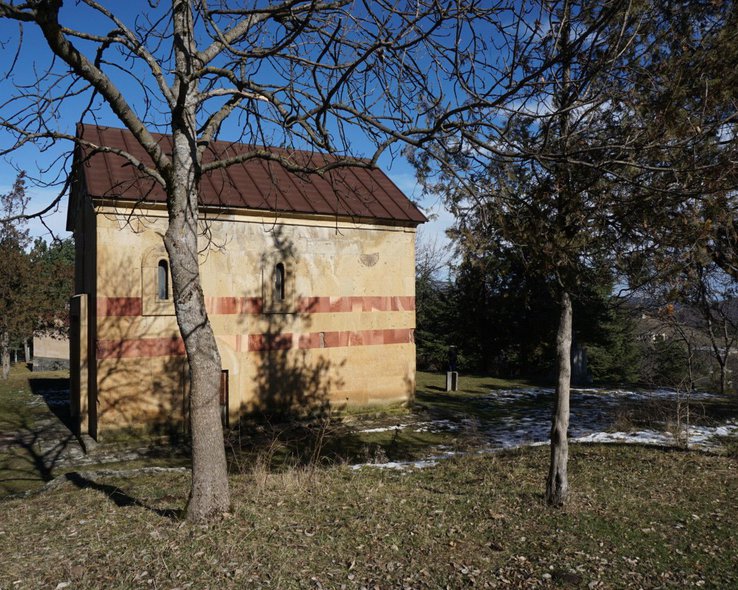
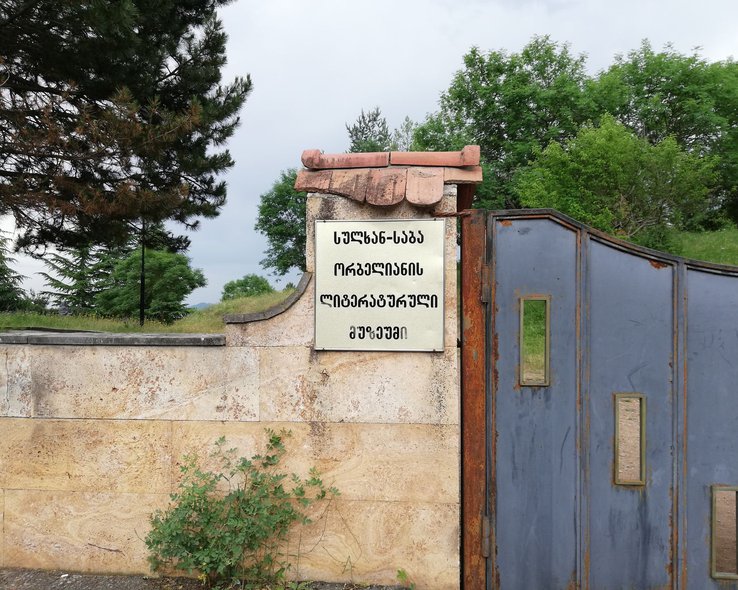
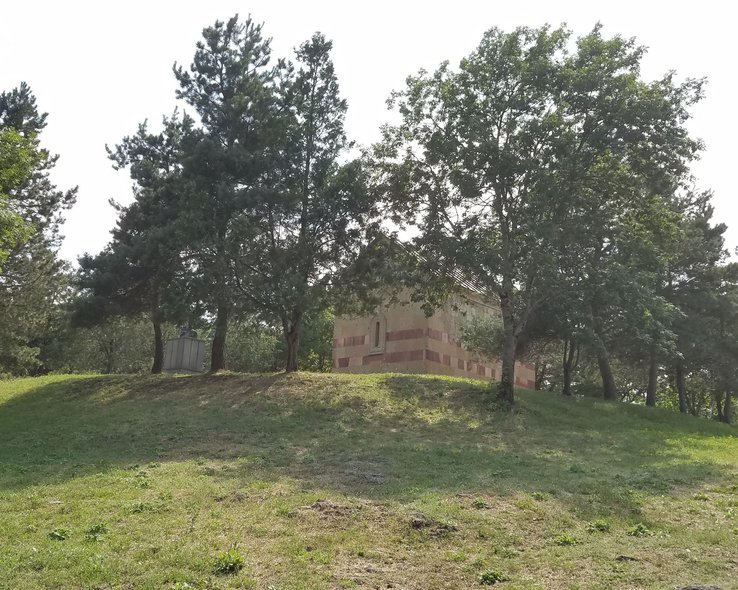
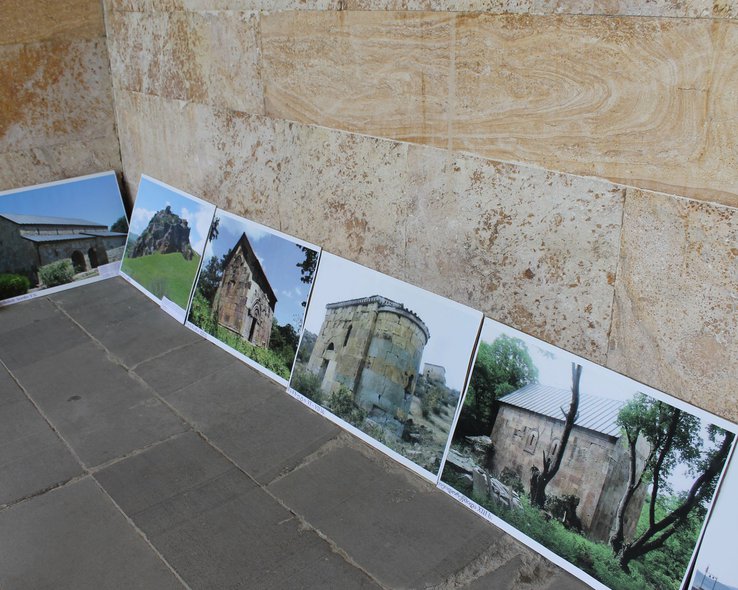
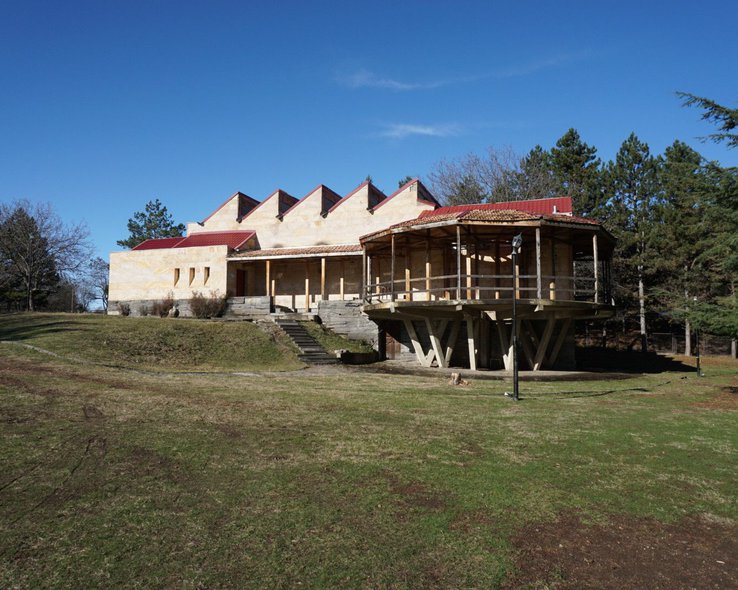
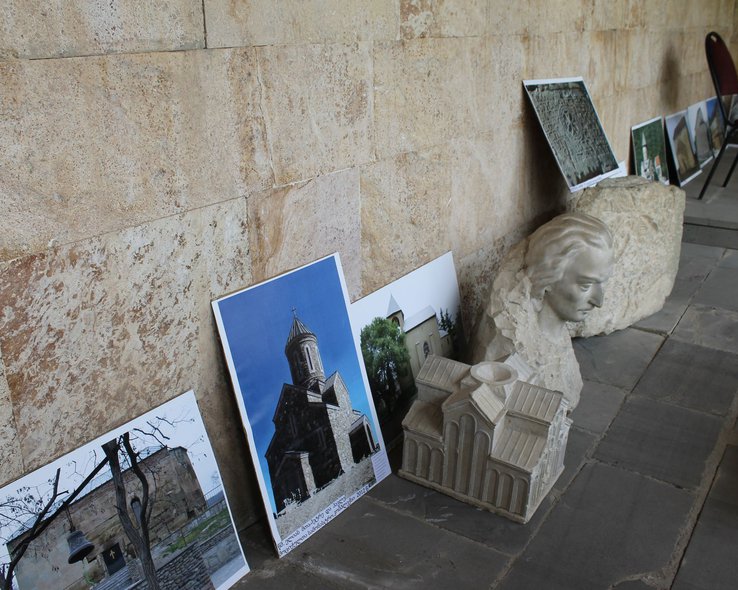
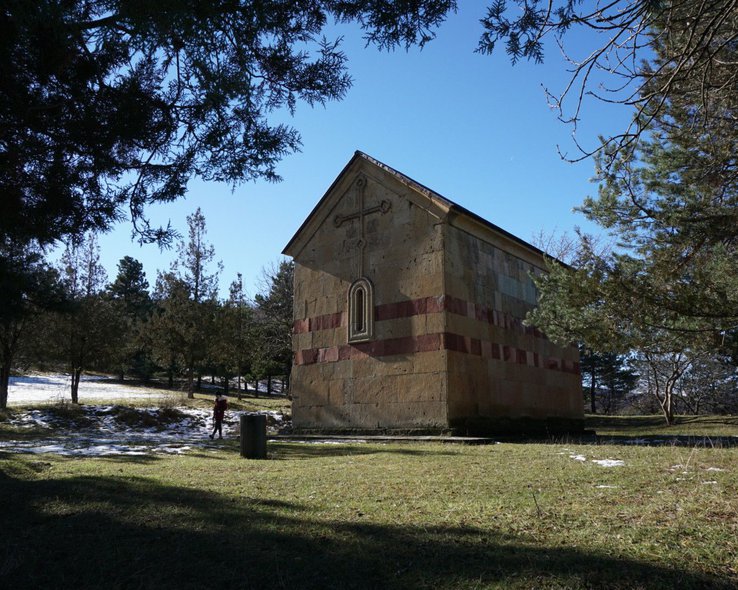
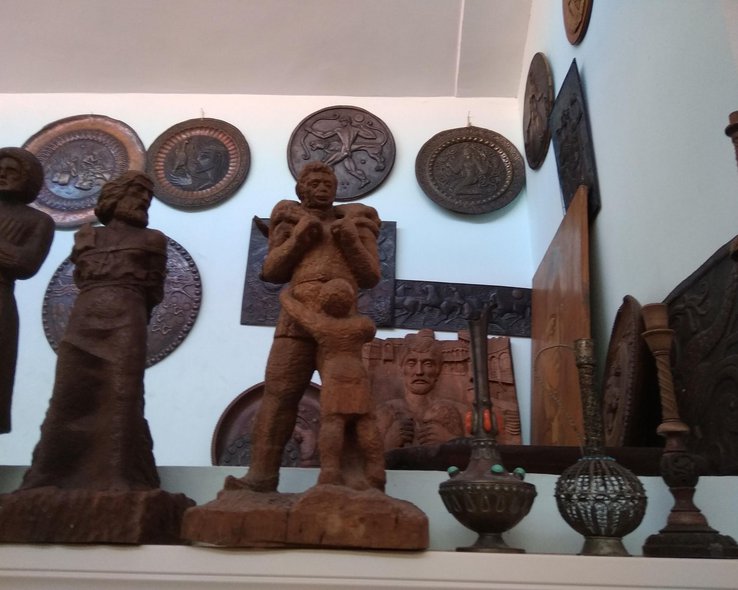
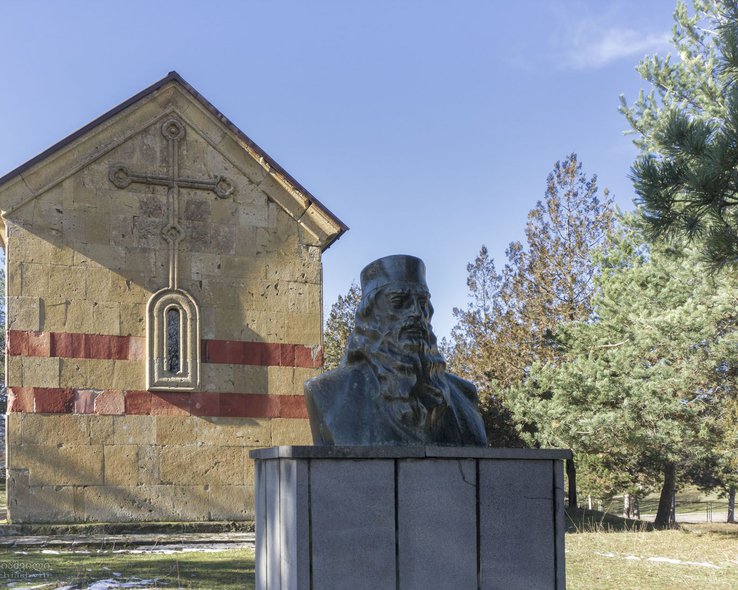
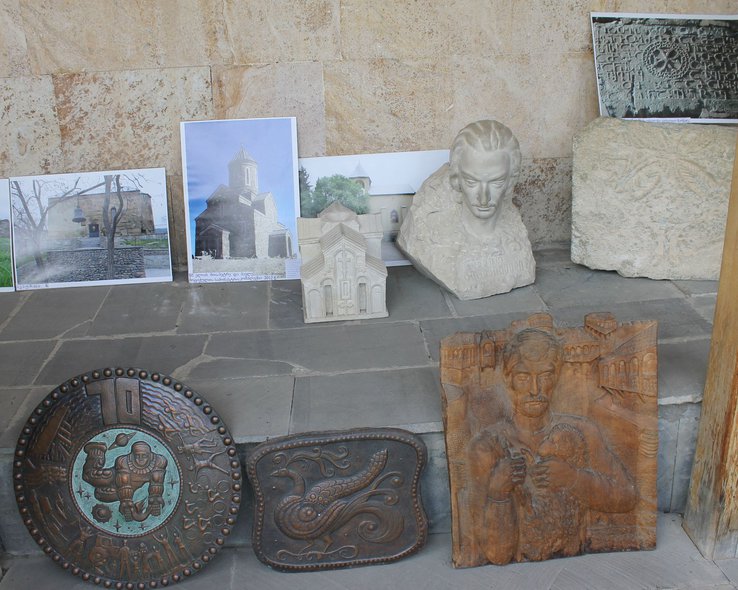
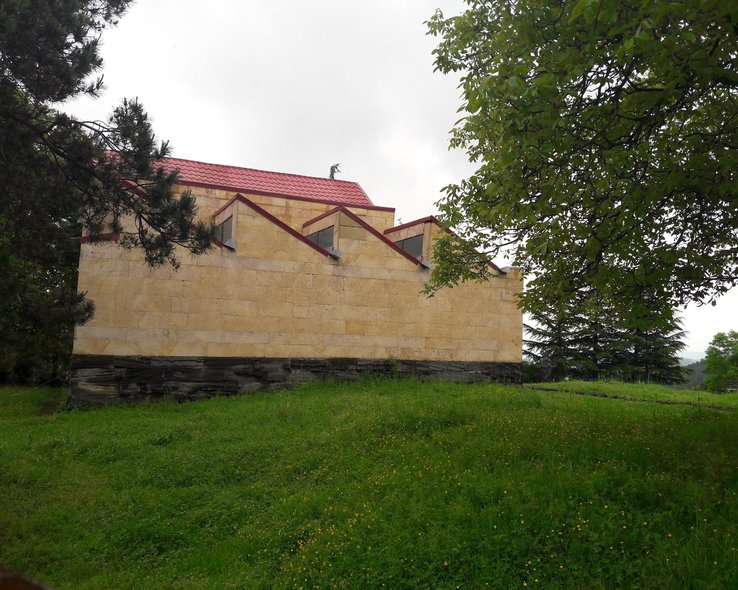
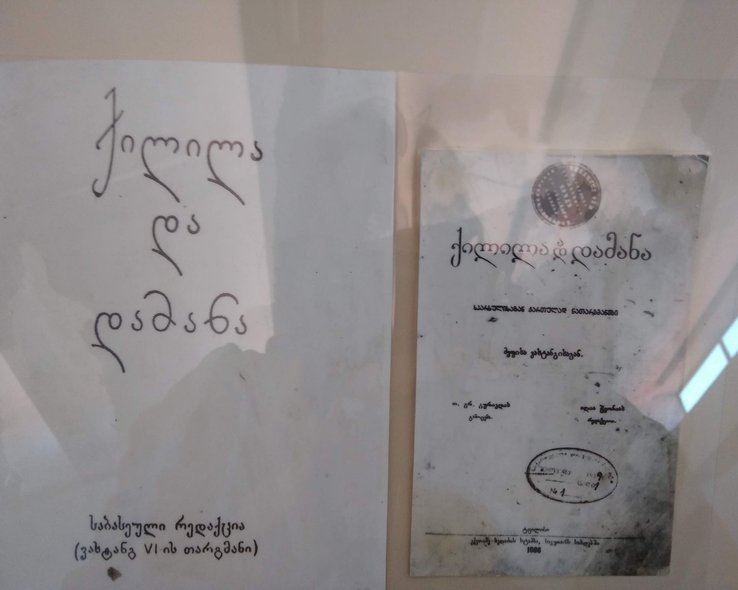
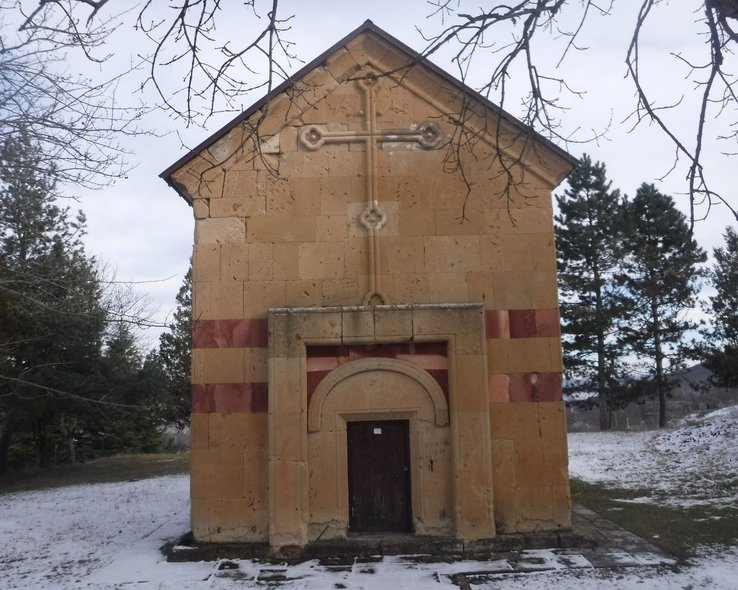


33 comments
Log in to leave a comment